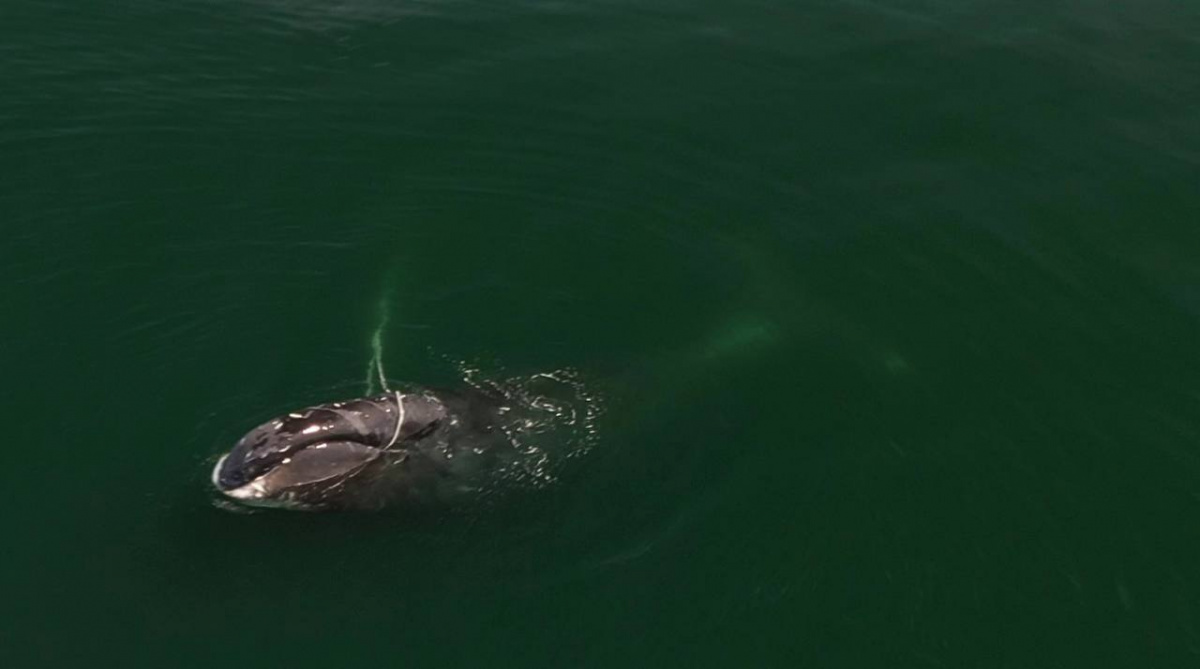

The corresponding provision was included in the cooperation agreement between the Far Eastern Expeditions travel company and the World Wildlife Fund (WWF) Russia.
This travel company operates in the summering area of rare bowhead whales on the Shantar Islands. The RIA Novosti agency, citing the press service of WWF Russia, reports that the agreement includes basic rules for sustainable tourism, as well as rules for safe whale watching.
At the moment, there are no official rules for monitoring the Sea of Okhotsk population in Russia. WWF Russia with the help of specialists from the Institute of Ecology and Evolution named after A.N. Severtsov RAS and the Council for Marine Mammals drew up the rules that formed the basis of the agreement.
In accordance with the document, the company undertakes to organize tourist camps with a minimum environmental footprint.
A separate section is devoted to the rules of whale watching. For example, it is forbidden to go across the whales and approach the animal too close. A drone flight controller should appear on the shore to avoid dangerous collisions of copters and drops over whales. In addition, a "quiet hour" is organized for the whales, when they can take a break from the observers.
According to a study by WWF Russia, the purpose of most tourists coming to the area of the Shantar Islands is whale watching.
 Blogs
Blogs
